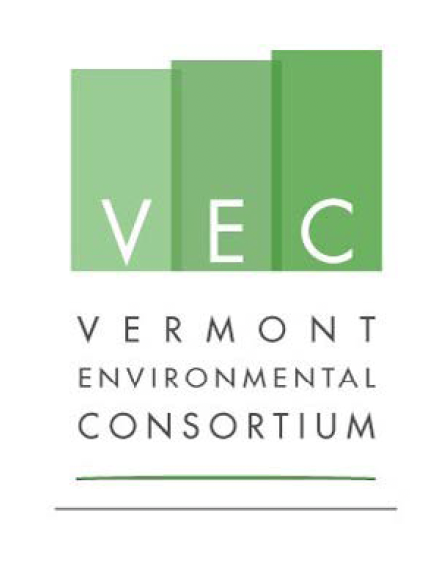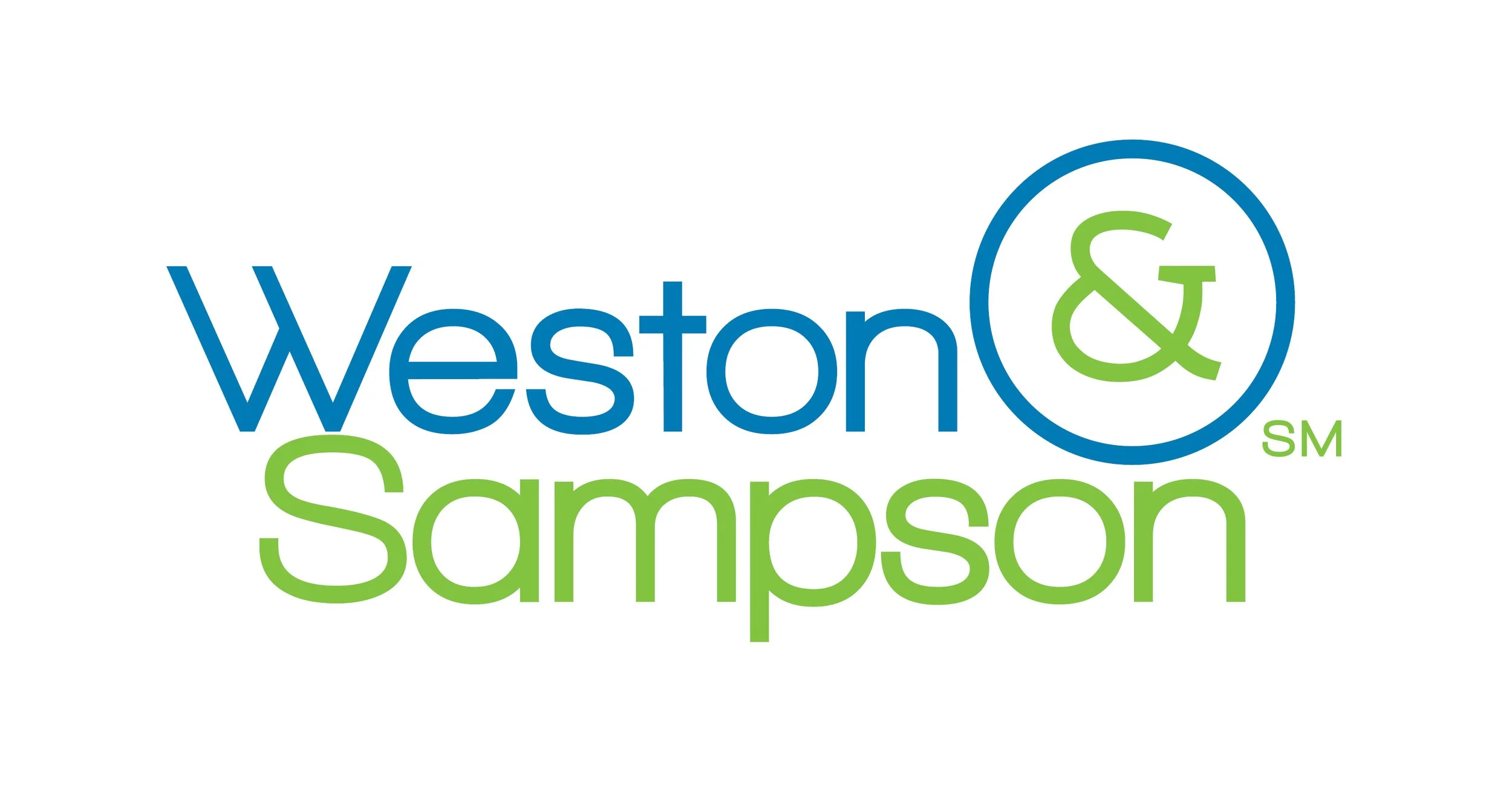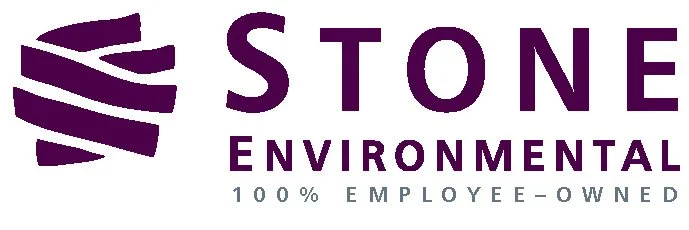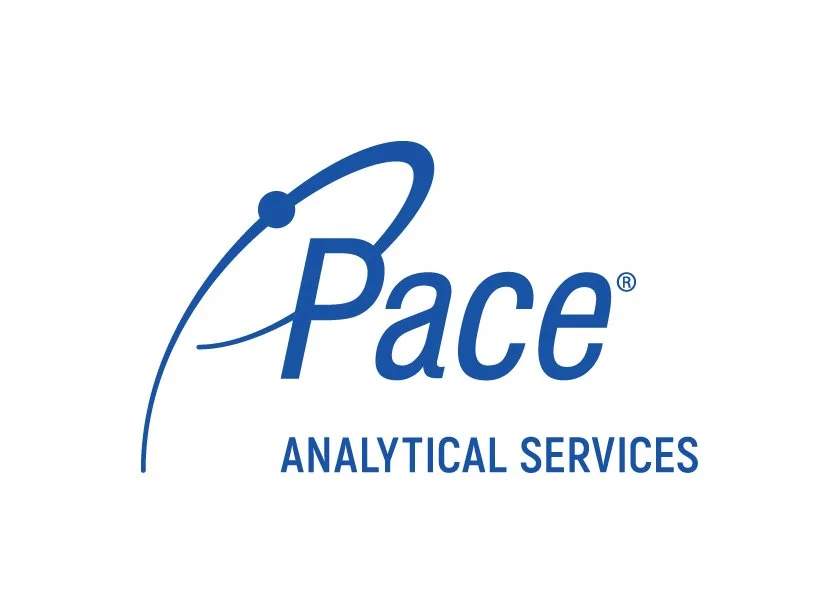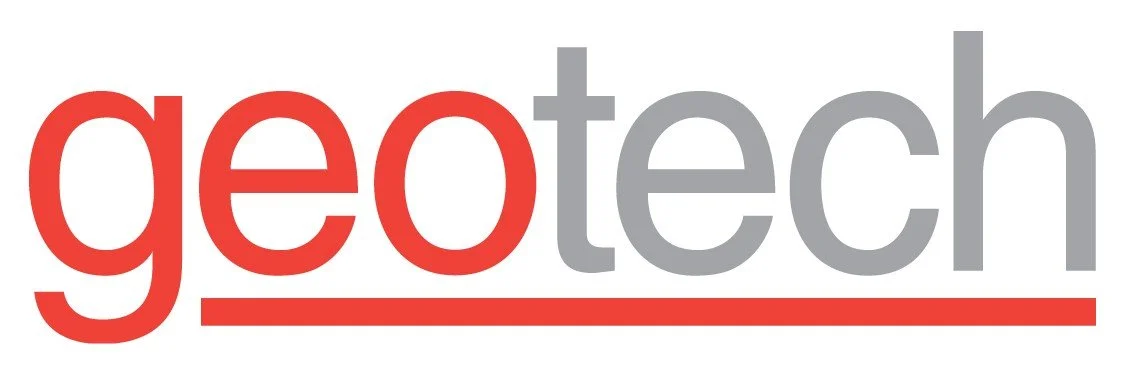Upcoming Events
April 2025
Networking Event
Date: Wednesday, April 30th
Location: Four Quarters Brewing, Winooski
(70 Main Street, Winooski)
Please join us for our April Networking Event at Four Quarters Brewing in Winooski on Wednesday, April 30th from 5:30-7:30pm. Appetizers will be provided. The event will be held in the brewery's covered patio space.
Capacity is limited. RSVP today to secure your spot at this networking event!
Tickets to this event can be purchased here: https://www.eventbrite.com/e/vec-networking-event-april-2025-tickets-1319900701529?aff=oddtdtcreator
Thursday, May 8th, 2025
VEC’s 2025 Conference
Climate Adaptation Strategies: Solutions for Vermont
Location: Main Street Landing Film House in Burlington (1 Main Street, Burlington, VT)
Click here to view this year’s full agenda
Session Overview:
Session 1: Nature-Based Solutions
Session 2: Policy Solutions
Session 3: Engineering & Technological Solutions
Session 4: Engineering & Technological Solutions -Part 2
Who Should Attend VEC’s 2025 Conference?
Community planners, developers, municipalities, disaster management professionals, geologists, and geospatial experts, government officials and policymakers, environmental conservationists, climate scientists, transportation planners, risk management experts, non-governmental organizations, energy sector professionals, and others with a vested interest in building a resilient and sustainable Vermont.
Registration Pricing:
Members: $135
Non-Members: $185
State, Federal, Municipal, Regional Planning Commissions, & Non-Profits: $60
Students and Speakers: Free
Join VEC as a member today to save on your future conference registration!
Registration is Open! - Register Online as an Attendee
Conference Sponsor Opportunities Available - Who Should Sponsor?
Engineering and construction firms, environmental organizations, government agencies, insurance providers, energy companies, utilities, academic institutions, technology providers, consulting firms, construction material suppliers, water management companies, and those who value environmental stewardship and community resilience.
Sponsorship pricing ranges from $300 to $800. Download the Sponsor Registration Brochure to learn more.
This Year’s Keynote Speaker
Jon Copans, Executive Director of the
Montpelier Commission for Recovery & Resilience
Jon Copans has been serving for the last year as Executive Director of the Montpelier Commission for Recovery and Resilience. Previously he worked at Old Spokes Home, the VT Council for Rural Development, the VT Public Service Dept., the VT Dept. of Environmental Conservation and for then-Congressman Peter Welch. Jon grew up in Brattleboro, graduated from Macalester College, and lives in Montpelier with his family.
Gold Sponsors
Silver Sponsors
Bronze Sponsors
VEC thanks for their donation of this year’s
conference meeting space!
Past Conferences
VEC held its first annual conference in 2012. Initially VEC’s annual conference focused on water quality. In more recent years VEC has strived to use its annual conference to focus on a variety of topics relevant to Vermont’s environmental sector.
-
VEC held a conference in May 2024 titled, "Weathering the Storm: Building a Sustainable and Resilient Environment."
The conference cover the following topics: Flood Resilient Design Process in Vermont, Brownfield Climate Adaptation, Mitigation, and Sustainability; Vulnerabilities & Emergency Response; Flood Impacts of Climate Change; and Dam Removal Considerations.
-
Conference description coming soon.
-
VEC held a half-day virtual conference in June 2021 titled “Recent Experience with Brownfields and PCB Contamination.”
The conference covered brownfield process and available funding, PCBs, and four (4) case studies.
-
VEC held a half-day virtual conference in October 2020 titled “The State of Vermont’s Water III.”
The conference covered PFAS studies in Vermont; PFAS occurrence, testing, and treatment; and other contaminants (arsenic and chloride).
-
VEC held a conference in June 2019 at Vermont Technical College titled “The State of Vermont’s Water II.”
The conference covered relevant rule updates, watershed protection, and stormwater planning and permitting.
-
VEC held a conference in June 2018 at Vermont Technical College titled “The State of Vermont’s Water.”
The conference covered relevant rule updates, water quality topics, an update on PFAs, and lake cleanup topics.
-
VEC held a conference in 2017 in partnership with the VT Department of Environmental Conservation at the Vermont Technical College.
The conference was titled “Evolving Regulations and Emerging Contaminants”, and covered new and proposed regulations related to groundwater, contaminated and Brownfield properties, hazardous waste, aboveground storage tanks, as well as an update on Vermont’s testing and regulation of emerging contaminants, such as PFOA.
-
VEC held its 5th Annual Water Quality Conference in June 2016 at Vermont Technical College.
The conference covered topics related to wastewater, stormwater, agriculture, and resiliency.
-
VEC held its 4th Annual Water Quality Conference at Vermont Technical College.
The conference focused on examining some of the organizational structures and innovative approaches that have succeeded and might be applied to improvement of water quality.
-
VEC held its 3rd Annual Water quality Conference in Burlington, VT.
At the event Governor Peter Shumlin signed into law The Shoreland Protection Act. The legislation set new permitting standards for building within 250 feet of the state’s lake shorelines and applies to all lakes and ponds greater than 10 acres in size.
-
VEC held its 2nd Annual Water Quality Conference in Burlington, VT.
-
VEC held its first Annual Water Quality Conference at Middlebury College in partnership with the VT Department of Environmental Conservation and VT Agency of Agriculture.
The conference focused on public policy tools used to address agricultural water pollution in Lake Champlain.
